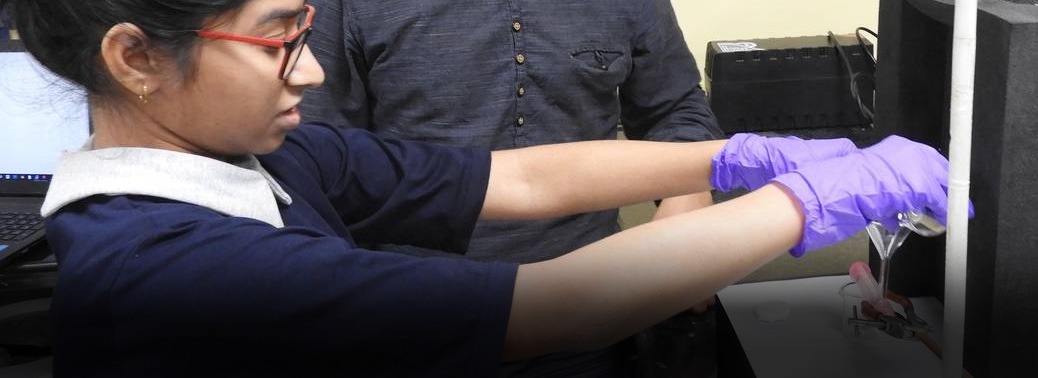A gel to selectively remove oil or water
17, Mar 2019

A natural biopolymer, chitosan (a kind of polysaccharide obtained from a chitin shell such as the shrimp’s), which is water-soluble, has been chemically modified to selectively remove either an oil or water phase from an oil-water mixture.
Making of the Gel
To prepare the water or oil repelling chitosan, first converted the material into nanoparticles and then to a stable gel material by treating it with a chemical (5Acl).
This gel was found to have chemically active residues (amines and acrylate), which when treated with a small amine resulted in optimization of the two very different properties in the same material.
Chitosan in a different form
The chitosan which is converted into a stable gel — allows the researchers to selectively remove the oil or water phase from an oil-water mixture by making the material either superhydrophobic or super oleophobic, respectively.
For example, if the oil spill (in water) is less, the material can be made water-repelling to remove or collect the oil. In case the spill is huge and the water phase relatively less, the material can be made extremely oil-repelling to collect or remove water.
Superior performance
The biopolymer’s superhydrophobic property remained intact under diverse chemical conditions such as extreme pH (pH 1 and pH 13), sea and river water for seven days, and high (100º C) and low (10º C) temperatures.
Biopolymers:
Superior performance
The biopolymer’s superhydrophobic property remained intact under diverse chemical conditions such as extreme pH (pH 1 and pH 13), sea and river water for seven days, and high (100º C) and low (10º C) temperatures.
Biopolymers:
Biopolymers are polymers that are produced by living organisms. They are generally polymers of starch. These are composed of monomeric units. They can be classified based on the three main classes based on the formation of structure, length of the polymers that comprehends more than thirteen nuclei monomers or amino acids which are short lengthened amino acids.






